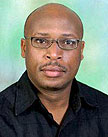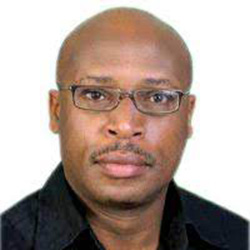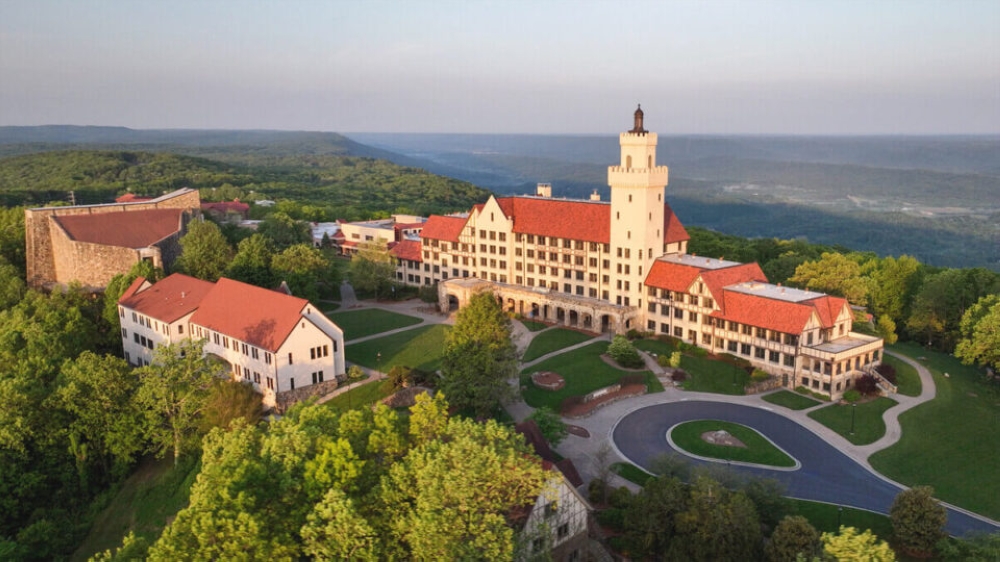East African Community (EAC) partner states will be sending poll observers to the forthcoming Kenyan elections. The 2007/8 post-election violence (PEV) left few unscathed, and is still fresh in the region’s memory.


East African Community (EAC) partner states will be sending poll observers to the forthcoming Kenyan elections. The 2007/8 post-election violence (PEV) left few unscathed, and is still fresh in the region’s memory.Perhaps that’s why the EAC has proposed to deploy a team of over 50 short- and long-term observers to oversee the ongoing electoral process.During the marred 2007 elections there were only 14 EAC observers. The numbers are probably not important. What really matters is that the observers are experienced and knowledgeable citizens of their own nations and the region. Given their own national backgrounds, they should be able to raise a red flag should the need be. For one thing, all member states in the EAC have a conflict tale to tell. Even Tanzania, having once been embroiled in the Uganda conflict that saw the ouster of Idi Amin. Likewise, what became of the intra-national conflicts in the region – in Uganda, Rwanda, Burundi – is well known and the concern for each of the member state is mutual. After all, neighbours know each other best, and what happens to one often touches all. Kenya is a handy example. The post-election violence not only cost the country dearly in terms of life and property, but the neighbours – especially those along the Mombasa-Kampala-Kigali corridor, all the way to eastern Democratic Republic of Congo – couldn’t help suffering the effect. As an example, essential goods, such as fuel, could not pass through with serious repercussions in entire economies – local, national and regional.Such a memory helps to keep things in perspective. The need for peace and self-preservation of one demands the mutual involvement of all others.So, what are the EAC observers likely to find of the ongoing electoral process in Kenya?First, they will go having a good grasp of the basics. They will be acutely aware that each nation is a unique socio-political environment. They will also be aware that, though encountering a hurdle or two, Kenya is moving forward under the guidance of its new Constitution. The observers must know that a Constitution, even a bad one, impacts on the way electoral politics happen, how voters are motivated to turn out, their choices, as well as the reasons that make elections necessary. The observers will, therefore, be alive to the fact that implementation of Constitutional provisions shape the electoral process, and, therefore, as experts will point out, the type and quality of actors in the electoral process. They will, therefore, not fail to note the number of presidential candidates – over a dozen, including two hopefuls a popular cartoonist likes to depict shackled to dumbbells, signifying International Criminal Court cases alleging their PEV involvement that each vigorously denies.By the same token, after appreciating the stances of the many presidential candidates, they will also find what pundits have dismissed as the formation of dubious and self-serving politicalcoalitions and alliances. The observers will, therefore, note one of the major concerns rooted, as it were, in the tribal arithmetic that is driving the formation of the political coalitions ahead of the elections.Those are some of the things the observers might find. But they will be hopeful. And this column dares to believe that they will find a nation bravely moving forward ensconced in a maturing regional community whose interest it must safeguard, as it must safeguard its own through peaceful elections. Twitter: @gituram




